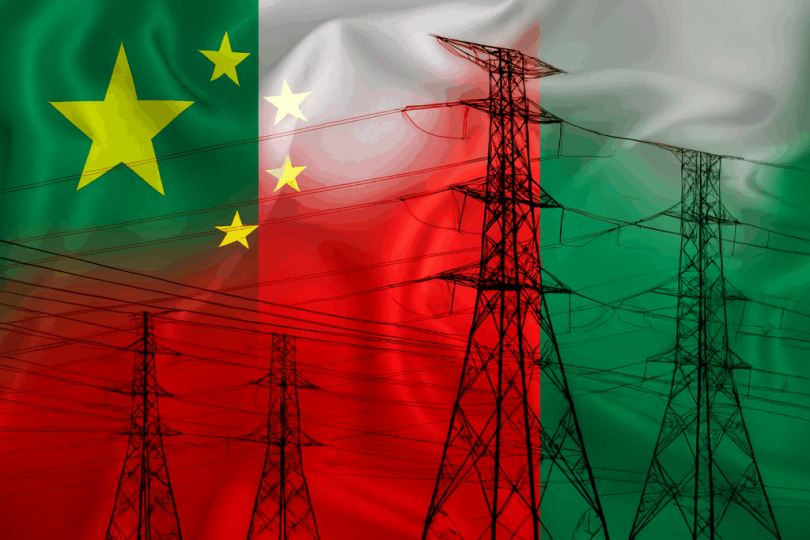Nigeria is in talks with China’s Export and Import Bank for a $2 billion loan to build a new super grid to reduce power shortages that have curtailed economic growth for decades.
The new power line will serve the eastern and western regions of the country – where most industrial consumers are situated, Nigeria’s Minister of Power Adebayo Adelabu said at an economic summit in Abuja on Monday. “It’s part of plans to decentralize power generation in Nigeria” and get the heavy commercial users that left the power grid because of its unreliability to return, he said.
Talks with China Eximbank are advancing, the minister’s team said in response to Bloomberg questions.
Firms operating in Africa’s most populous nation face frequent power-supply disruptions. While the nation’s power generation capacity is about 13 gigawatts, the central grid can distribute only a third of that to the country’s more than 200 million people. Even then, the grid fails frequently. South Africa, with a population that’s a quarter of that, has about 70 gigawatts of installed generation capacity.
Read also: Edun says govt funds still outside TSA, CBN, vows full recovery
The situation has forced many firms to exit the national pool with self-generated power accounting for nearly half of the electricity consumed in the nation. The new super grid will help ensure that more of the generated power goes to the nation’s industrial zones.
The financing for the new super grid has already been approved by cabinet, Adelabu said.
Nigeria has initiated several significant reforms since President Bola Tinubu came to power in 2023 to boost economic growth. They include eliminating fuel subsidies that drained government finances for decades, overhauling tax laws and increasing crude output by improving security in its main producing region.
Read also: United Capital, Husk Power sign N5bn revolving loan for solar minigrids
Tinubu has also allowed power firms to increase tariffs for some urban consumers to improve the financial viability of the sector. Adelabu said the move led to a 70% jump in revenues for power firms in 2024 and is projected to increase by 41% to 2.4 trillion naira ($1.6 billion) this year.

